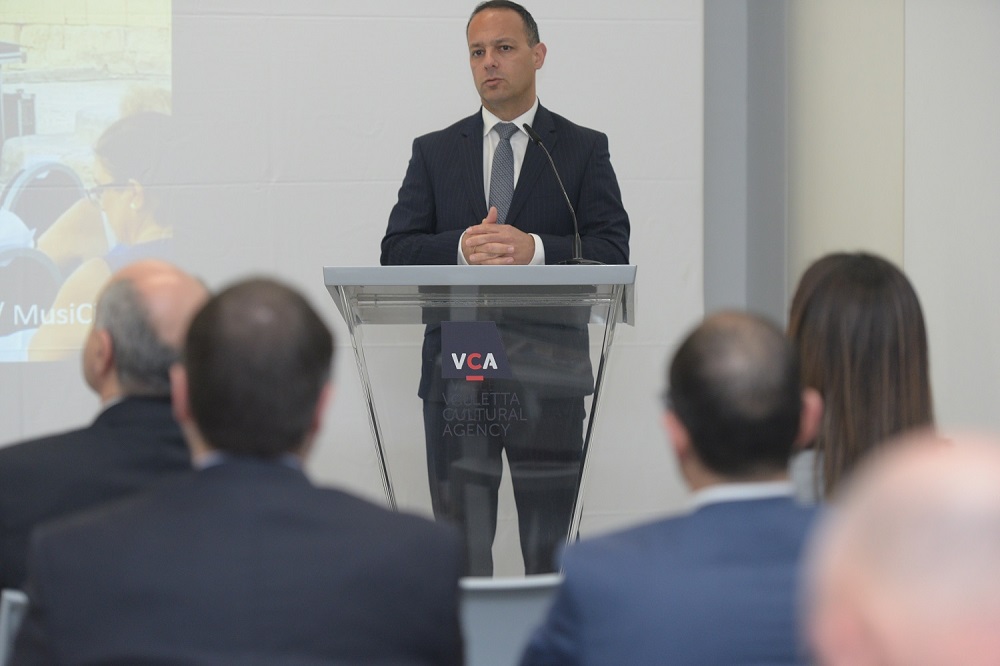The Valletta Cultural Agency has published a report carried out by KPMG providing insights on the impact of Valletta 2018, the European Capital of Culture. The report was launched during a press conference held today at MUŻA.
Findings show that Valletta 2018 left a total economic impact of over €325M and generated a total investment of €678M in the Maltese economy. An increase of 2.23% of 2018 GDP was also registered.
The European Capital of Culture’s positive impact was greatly felt by the business community in Valletta, as the city recorded a rise in the number of visiting tourists following effective marketing efforts carried out by the Valletta 2018 Foundation with the collaboration of other entities. Valletta registered an increase of over 350,000 tourists in 2018, amounting to a total of 2,600,000 tourists during the European Capital of Culture year.
8,000 jobs were created in a number of different sectors closely relating to the European Capital of Culture, including creativity, hospitality, heritage, Information Technology services and transport, including ferry connections.
The European Capital of Culture brought about signifcant infrastructural regeneration in the city, including the opening of MUŻA (Museum for Art and the Community), the regeneration of Tritons Square, Strait Street and the old indoor market (Is-Suq tal-Belt), as well as the restoration of Palazzo Ferreria and the facade of the Jesuit Church amongst other buildings.
While addressing those present, Minister for National Heritage, the Arts and Local Government José Herrera said that this bodes well and is an example of how the cultural sector can truly have a positive impact and a legacy for our country. He continued that as the Minister responsible for National Heritage, the Arts and Local Government, “together with you, our social partners, we must stay committed and we must ensure that Valletta remains a cultural city, the city of the arts, the city of creativity, but most of all the city which belongs to the people of Valletta”.
Valletta Cultural Agency Chairman Jason Micallef said that, “the successful results of this study are proof that what was started in 2018 kept going at a steady momentum in 2019. This is the legacy which was part of our plan to set up the Valletta Cultural Agency at the end of Valletta 2018”.
The notion of ‘co-creation’ and the involvement of community members and the public in the European Capital of Culture’s Cultural Programme, which was strongly emphasised by the Valletta 2018 Foundation, reaped an unprecedented public awareness of the cultural sector as well as a largely widened cultural fabric.
The report also shows that Valletta 2018 left a strong legacy for the Valletta Cultural Agency to build on and further nurture. In 2019, these positive results were the building blocks of the new Valletta Cultural Agency, set up in April 2019 to sustain and strengthen Valletta’s vibrant cultural life through the creation of an annual programme of creative events.
